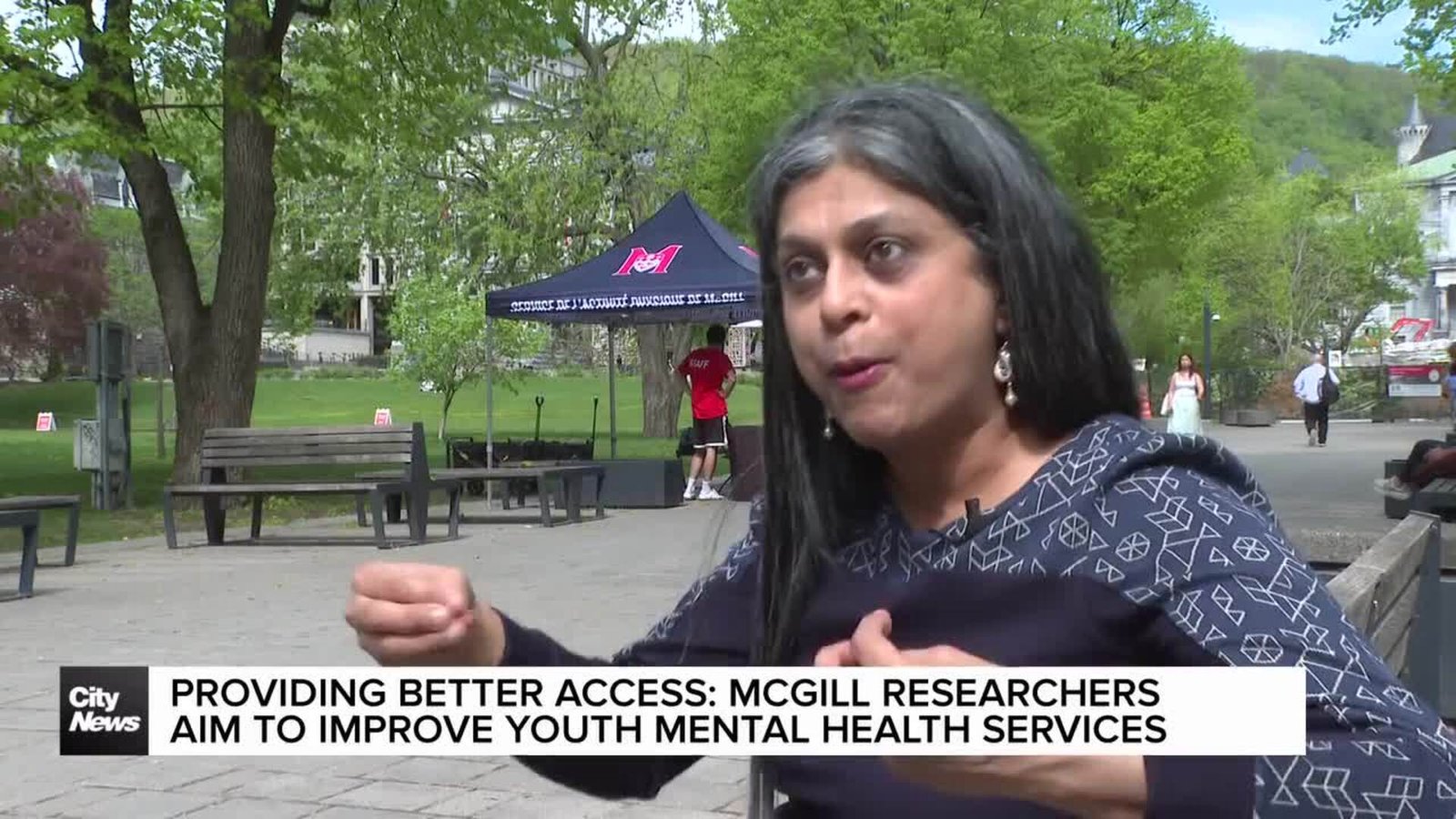Attention Deficit Hyperactivity Disorder (ADHD) impacts around 5% of children globally, characterized by symptoms such as inattention, hyperactivity, and impulsivity. Accurate diagnosis and effective treatment are essential for managing ADHD and supporting children’s development.
**Diagnosis and Symptoms**: Diagnosing ADHD involves a comprehensive evaluation by a healthcare professional, including parent interviews, teacher assessments, and direct observation of the child. Symptoms can vary, but common indicators include difficulty focusing on tasks, excessive talking, and trouble organizing activities. Early diagnosis can lead to timely intervention, reducing the risk of academic challenges and social issues.
**Treatment Options**: Effective treatment for ADHD typically combines behavioral therapy and medication. Behavioral therapy focuses on teaching children strategies to manage their symptoms and improve their organizational skills. For instance, parents and teachers can implement reward systems to encourage positive behavior and help children stay on task.
Medication, often stimulants like methylphenidate or amphetamines, can also be prescribed. Studies show that about 70-80% of children with ADHD experience symptom relief with these medications. Non-stimulant options, such as atomoxetine, may be suitable for children who do not respond to stimulants or experience side effects.
**Educational Support**: Schools can play a vital role in supporting children with ADHD. Individualized Education Plans (IEPs) or 504 Plans can provide accommodations such as extended test-taking time, a quiet room for exams, or modified assignments. Teachers trained in ADHD can implement classroom strategies that promote focus and minimize distractions.
**Lifestyle Changes**: Incorporating regular physical activity can also help manage ADHD symptoms. Research indicates that children who engage in daily exercise show improved concentration and reduced impulsivity. Additionally, a balanced diet rich in omega-3 fatty acids, whole grains, and lean proteins can contribute to better brain health and function.
**Family Involvement**: Family support is crucial in managing ADHD. Parents can benefit from education about the disorder and training in behavior management techniques. Support groups for parents can provide a platform for sharing experiences and strategies, fostering a community of understanding and support.
**Conclusion**: Treating ADHD involves a multifaceted approach that includes proper diagnosis, behavioral strategies, medication, educational support, and lifestyle modifications. By implementing these strategies, families can improve outcomes for children with ADHD, helping them thrive both academically and socially.



